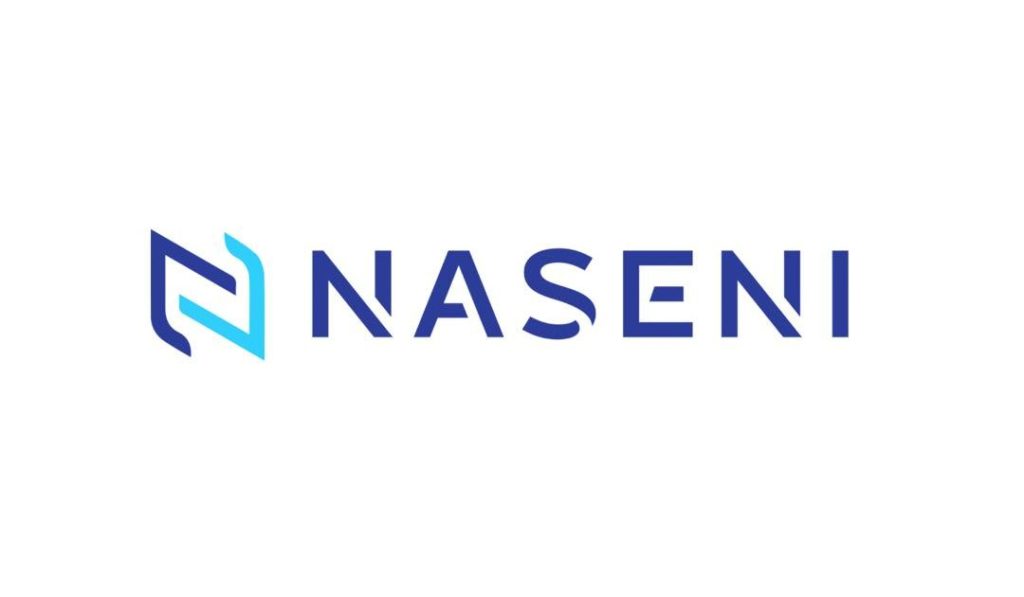President Bola Tinubu’s “Nigeria First Policy” represents a significant shift in Nigeria’s economic strategy, prioritizing the consumption of locally manufactured goods and services to stimulate industrial growth and reduce reliance on imports. This policy mandates government agencies to prioritize Nigerian businesses in their procurement processes, creating a captive market for local manufacturers and fostering a more self-reliant economy. The National Agency for Science and Engineering Infrastructure (NASENI) has enthusiastically embraced this initiative, recognizing its potential to transform Nigeria’s industrial landscape and propel the nation towards greater economic independence. NASENI views the policy as a catalyst for increased demand for locally produced goods, which will, in turn, incentivize innovation, create jobs, and enhance the competitiveness of Nigerian industries.
The “Nigeria First Policy” directs the Bureau of Public Procurement (BPP) to overhaul its existing guidelines to favor local suppliers. This strategic move leverages the government’s significant purchasing power to create a substantial market for Nigerian businesses. By prioritizing local content in government contracts, the policy aims to stimulate demand across various sectors, from manufacturing and agriculture to technology and services. This increased demand is expected to generate a ripple effect throughout the economy, encouraging investment, boosting production capacity, and creating employment opportunities. NASENI believes that this policy will be instrumental in showcasing the capabilities of Nigerian manufacturers and entrepreneurs, promoting homegrown solutions, and fostering a culture of innovation and self-reliance.
NASENI has been a long-standing advocate for local content development and has consistently championed the quality and ingenuity of Nigerian innovations. The agency has showcased locally assembled vehicles, advanced energy systems, smart irrigation technologies, and cutting-edge electronic devices as testaments to the nation’s technological prowess. Through its “Made-in-Nigeria” strategic focus group meetings held across various states, NASENI has actively engaged stakeholders, including manufacturers, regulators, and civil society organizations, to address challenges and promote the wider adoption of locally produced goods and services. These forums serve as platforms for collaboration, knowledge sharing, and the development of strategies to enhance the competitiveness of Nigerian products.
The “Nigeria First Policy” introduces crucial procurement reforms, mandating the BPP to establish and maintain a comprehensive register of qualified Nigerian manufacturers and service providers. This register will serve as a vital resource for government agencies, ensuring that they have access to a readily available pool of local suppliers when fulfilling their procurement needs. This measure aims to streamline the procurement process, making it easier for government agencies to engage with Nigerian businesses and prioritize local content. By creating a structured system for identifying and engaging with local suppliers, the policy aims to eliminate bureaucratic hurdles and promote transparency in government procurement.
While NASENI views the “Nigeria First Policy” as a revolutionary step towards economic transformation, it also acknowledges the importance of maintaining high standards of quality and competitiveness. The agency emphasizes that policy support alone is insufficient; Nigerian manufacturers must strive to produce goods and services that meet the needs of consumers and can compete effectively with imported products. Quality, innovation, and affordability are crucial factors for success in a competitive market. NASENI urges local producers to embrace this opportunity to demonstrate their capabilities and contribute to the growth of the Nigerian economy.
In conclusion, the “Nigeria First Policy” represents a bold and ambitious initiative to reshape Nigeria’s economic trajectory by prioritizing local content and fostering industrial development. By leveraging the government’s purchasing power and implementing procurement reforms, the policy aims to create a robust market for Nigerian businesses, stimulate innovation, and generate employment opportunities. NASENI’s enthusiastic endorsement of this policy reflects its unwavering commitment to promoting local content development and showcasing the potential of Nigerian manufacturers and entrepreneurs. The success of this policy hinges on the collective efforts of all stakeholders, including government agencies, manufacturers, and consumers, to embrace locally produced goods and services and contribute to the growth of a more self-reliant and prosperous Nigeria. The policy underscores the importance of quality, innovation, and competitiveness in ensuring the long-term success of Nigerian industries.














